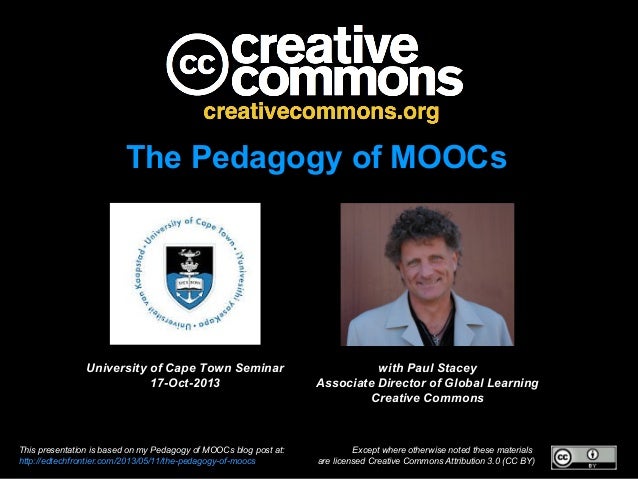- le premier axe consiste à utiliser le numérique pour faciliter toutes les étapes du parcours de réussite de l’étudiant : orientation, formation initiale, insertion professionnelle et formation continue
- le second axe, consiste à faire du numérique un levier de la rénovation pédagogique. L’enjeu sera de former les équipes pédagogiques et de les accompagner pour que le numérique soit un allié des enseignants, au service de pratiques pédagogiques innovantes, adaptées aux jeunes générations et permettant un enseignement plus personnalisé, alternatif aux cours en amphis
- le troisième axe vise à faire du numérique un signe de modernité pour une attractivité renforcée de l’Université, dans le monde, où le marché mondial de l’e-éducation est en plein développement, et plus particulièrement dans les pays francophones
Pour relever ces défis et accélérer la révolution numérique dans l’enseignement supérieur, le M.E.S.R. s’engage dans :
- la définition d’un agenda stratégique avec 18 actions
- la création d’une fondation de coopération scientifique pour coordonner les formations et accompagner les établissements, en partenariat avec les entreprises, dans la production de formations numériques de haut niveau
- la mise en place de la première plateforme française d’enseignement supérieur en ligne mutualisée, hébergeant, diffusant et valorisant, en France et à l’international, les MOOCs (cours en ligne et services associés) réalisés par les établissements de l’enseignement supérieur
Le calendrier :
Pour accompagner cette révolution numérique, des moyens spécifiques ont été mobilisés :
- 10 % des dotations de postes attribuées par le M.E.S.R. aux établissements d’enseignement supérieur, soit 500 emplois sur le quinquennat
- 12 millions d’euros, dégagés sur l’actuel programme d’investissements d’avenir, mobilisables par vagues successives, dans une logique d’appels à projets pour amorcer la création de cours et de cursus numériques de haute qualité
- convention M.E.S.R./Caisse des dépôts et consignations sur les campus d’@venir avec un volet dédié au développement du numérique
Comme l’a souligné la ministre "la révolution numérique est en marche. Elle est à la fois une chance et un défi pour une Université en mouvement. Une chance, celle de repenser l’élaboration et la transmission des savoirs, de manière interactive, en mettant les étudiants d’aujourd’hui et de demain au cœur du projet pédagogique de l’enseignement supérieur. Un défi, celui de construire une université performante, innovante, moderne et ouverte sur le monde."
 If the first chapter in the evolution of massive open online courses was written in the US, it may well be in Europe that they make their next significant advance. This is the view of Hannes Klöpper, co-founder and chief academic officer at Iversity, a Berlin-based MOOC platform that launched recently, writes Adam Palin for the Financial Times.
If the first chapter in the evolution of massive open online courses was written in the US, it may well be in Europe that they make their next significant advance. This is the view of Hannes Klöpper, co-founder and chief academic officer at Iversity, a Berlin-based MOOC platform that launched recently, writes Adam Palin for the Financial Times. 









/https%3A%2F%2Fprofilepics.canalblog.com%2Fprofilepics%2F1%2F0%2F1076071.jpg)